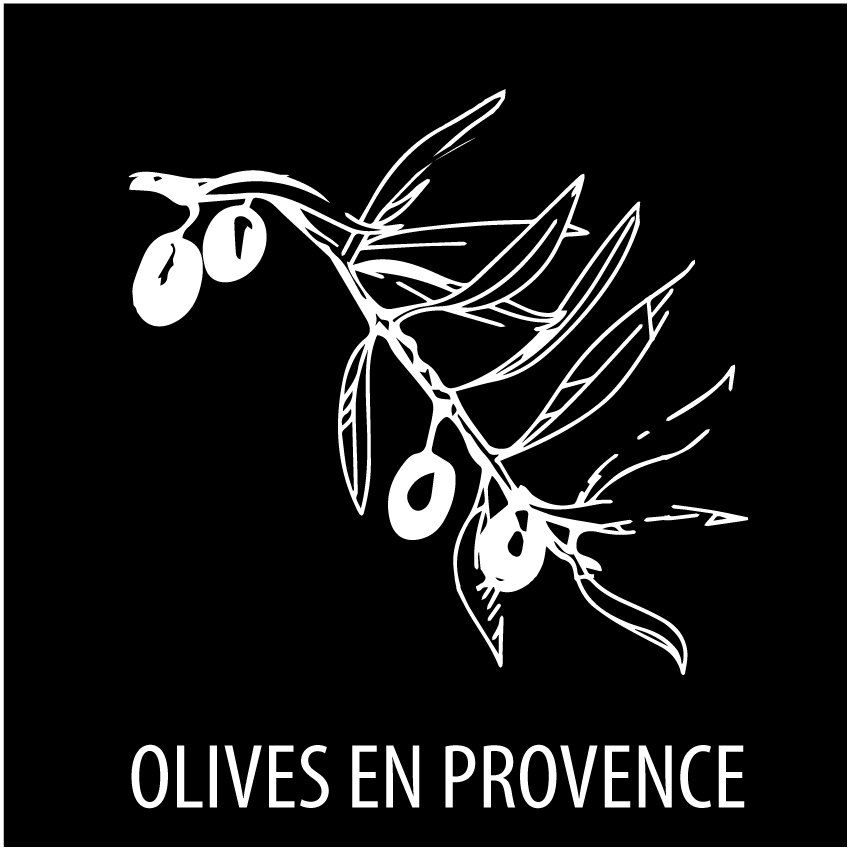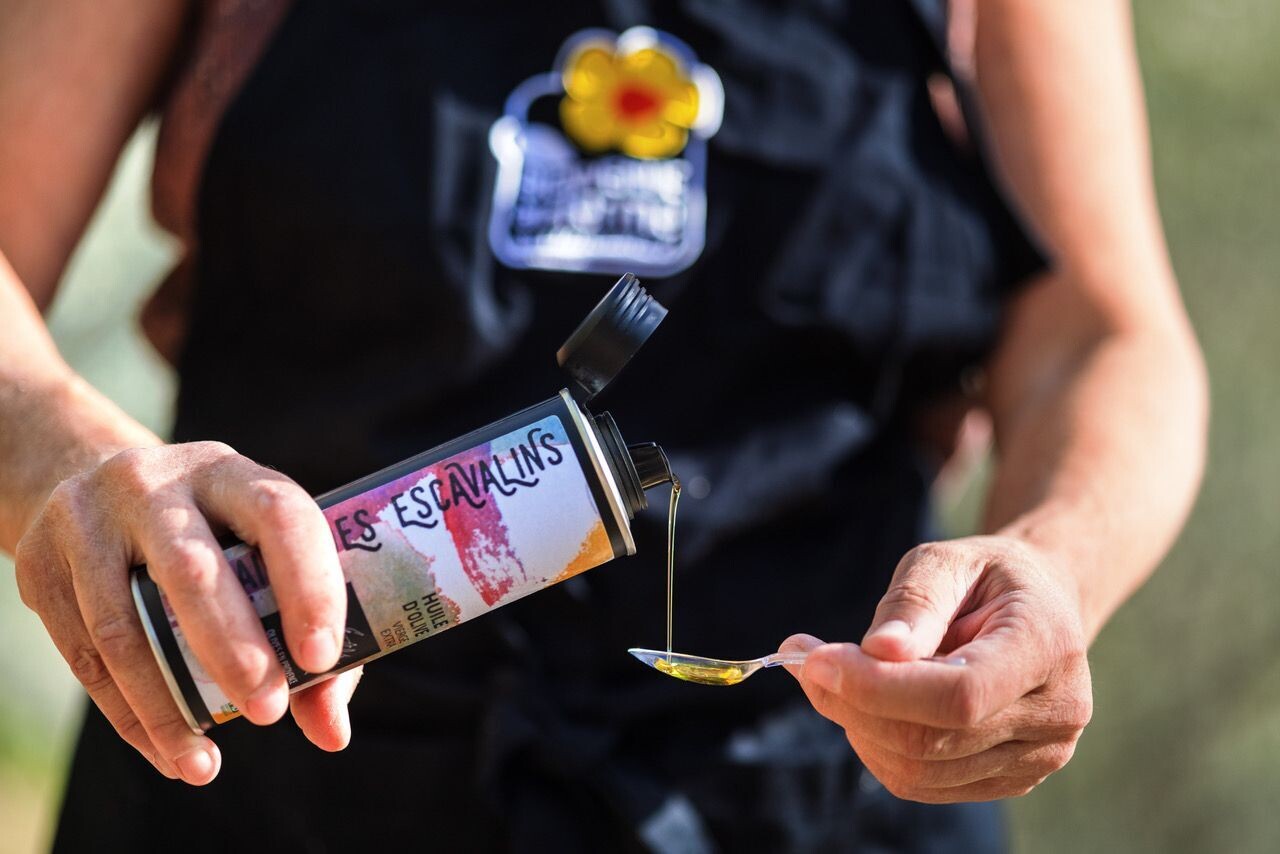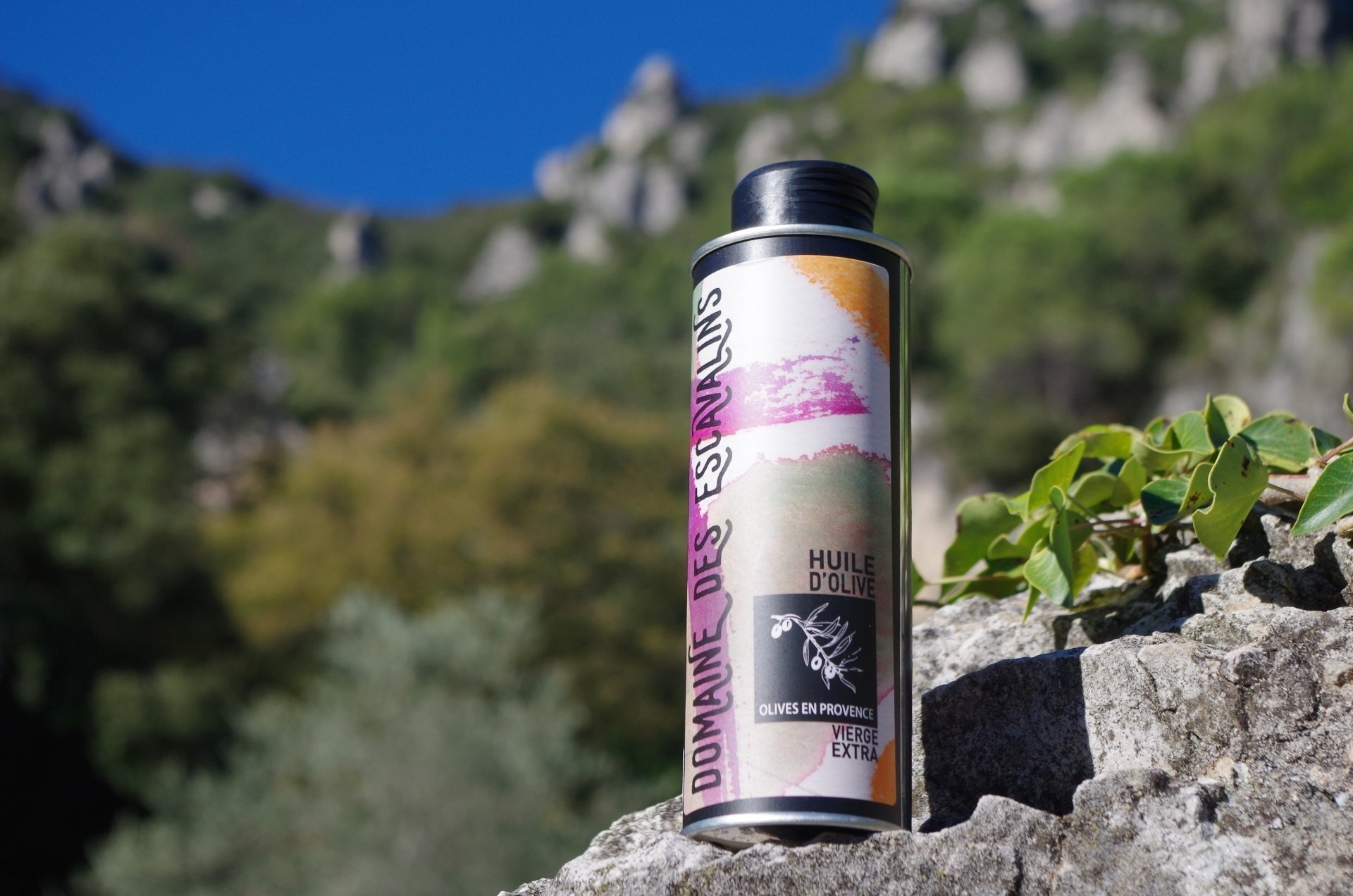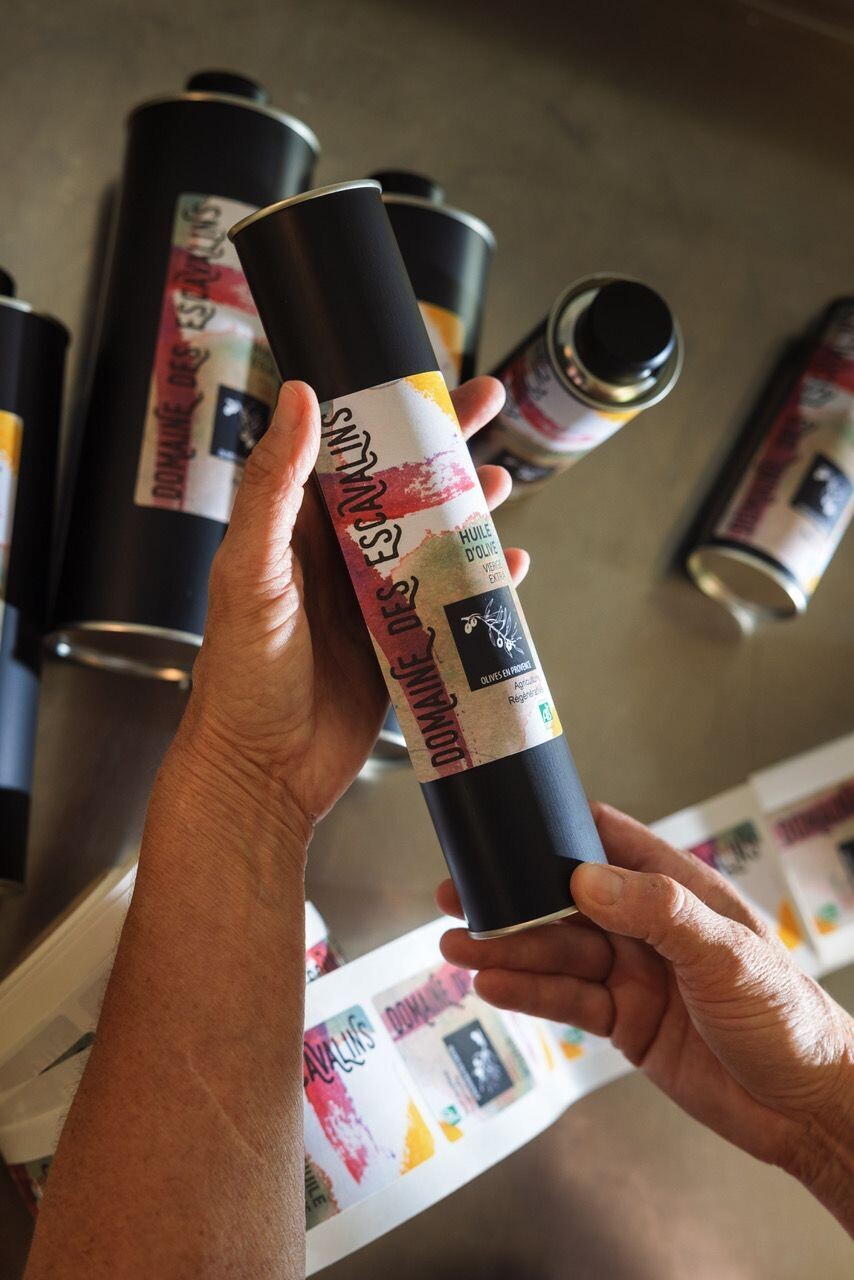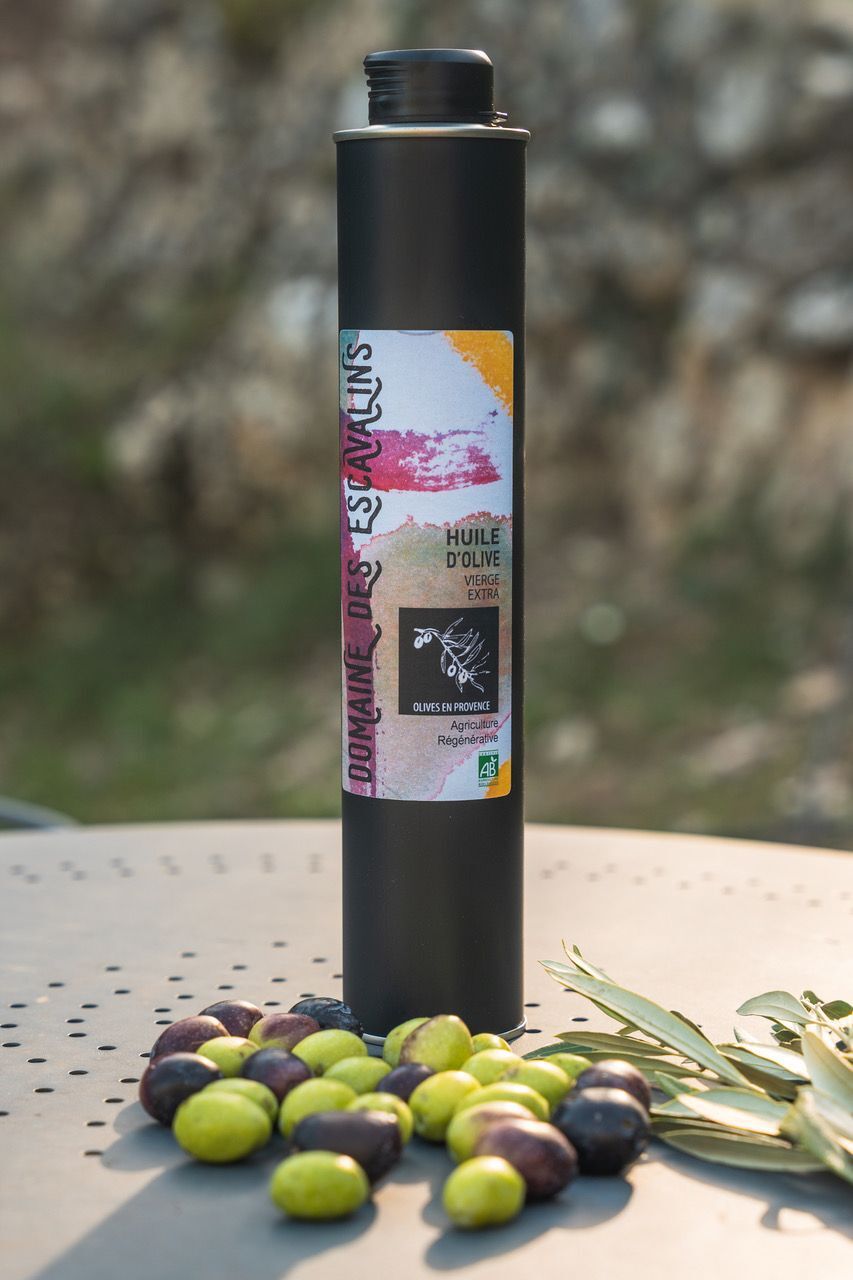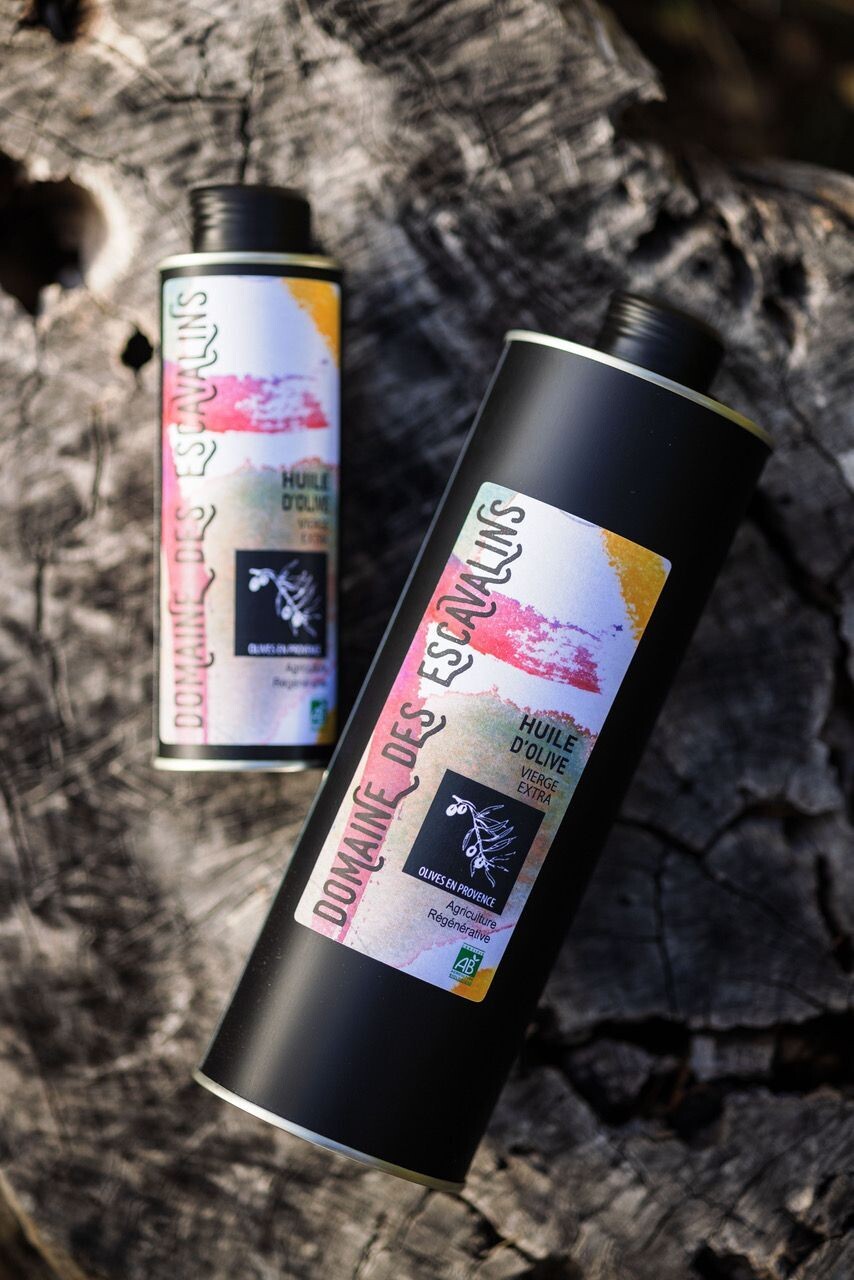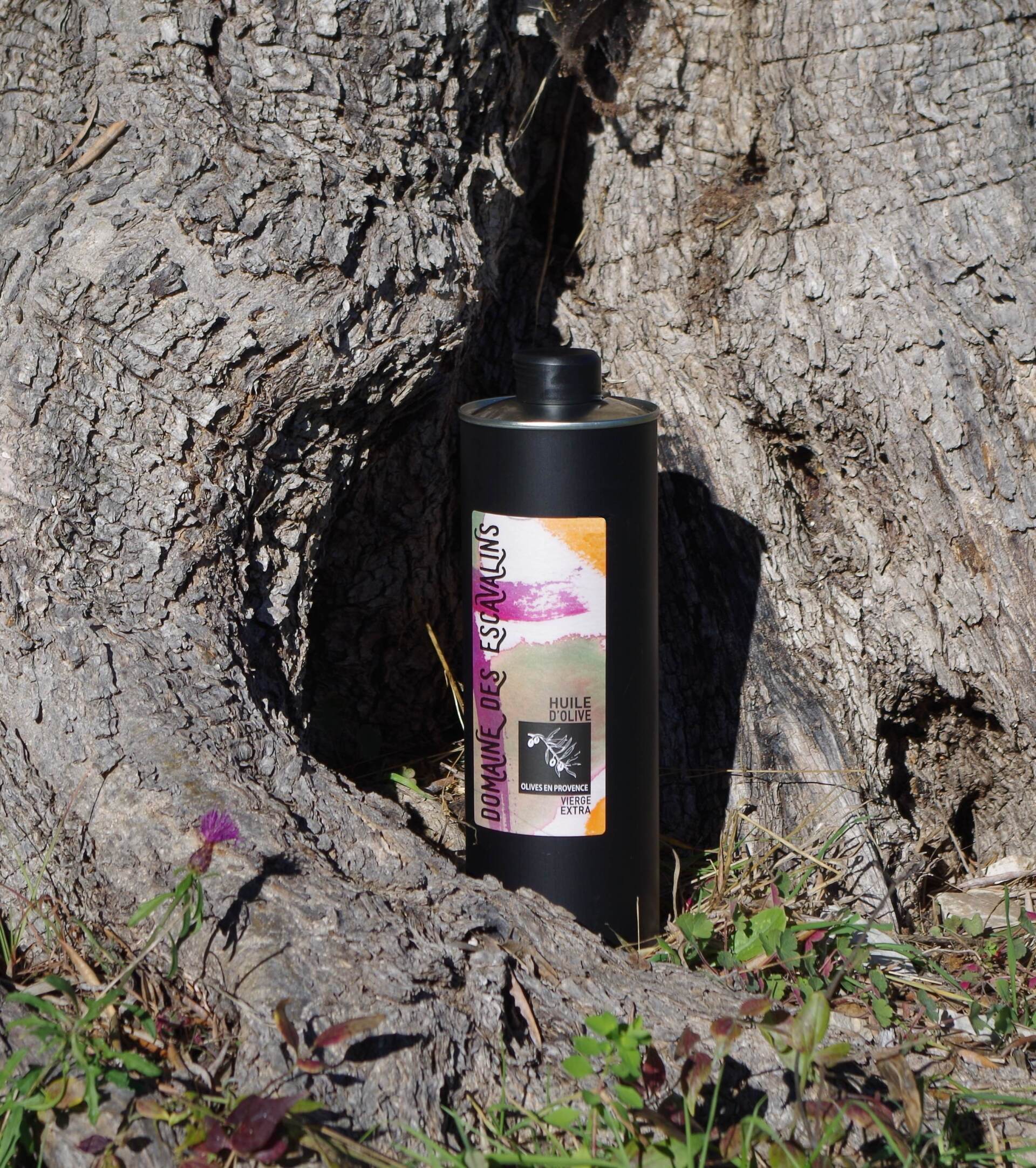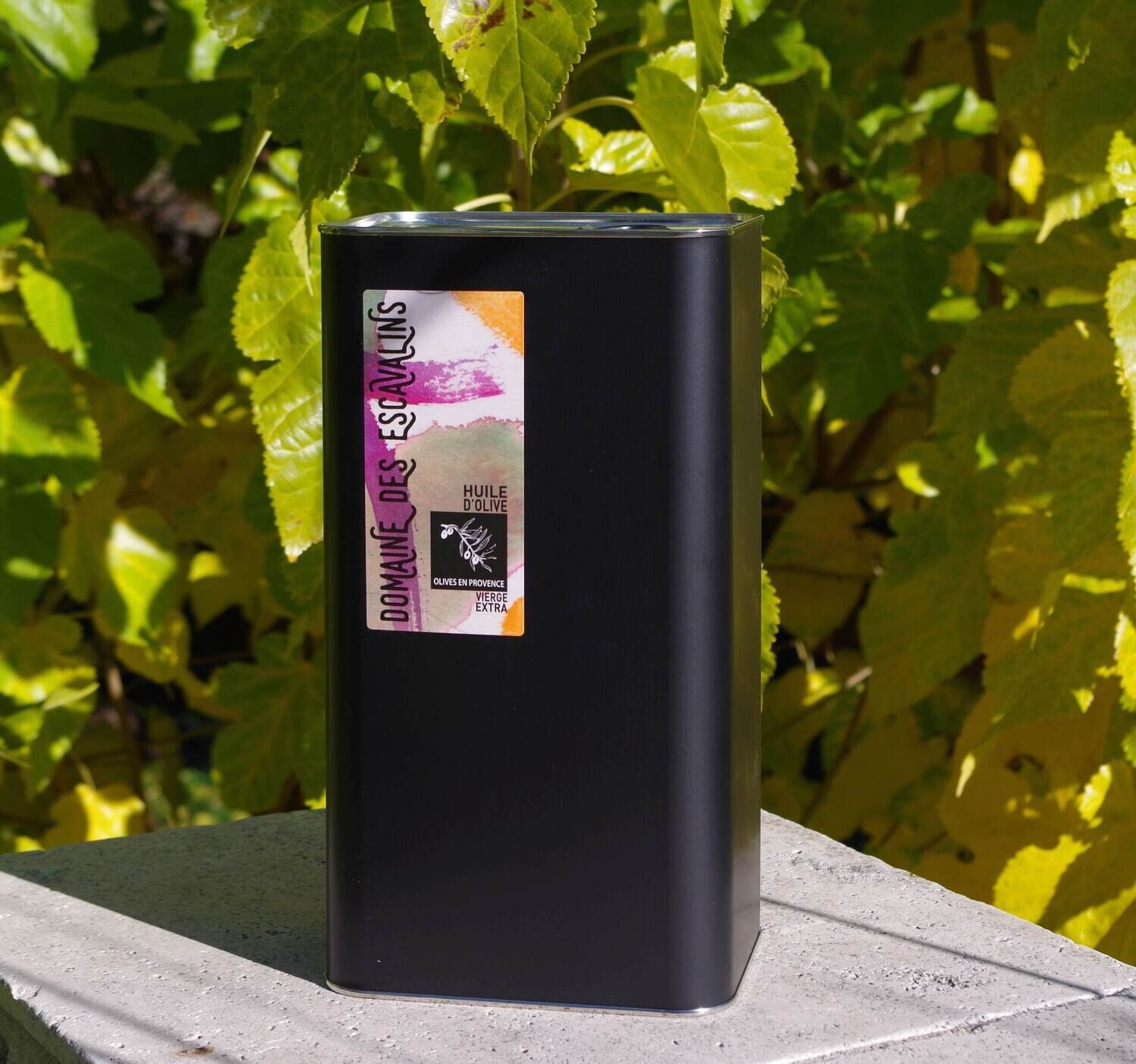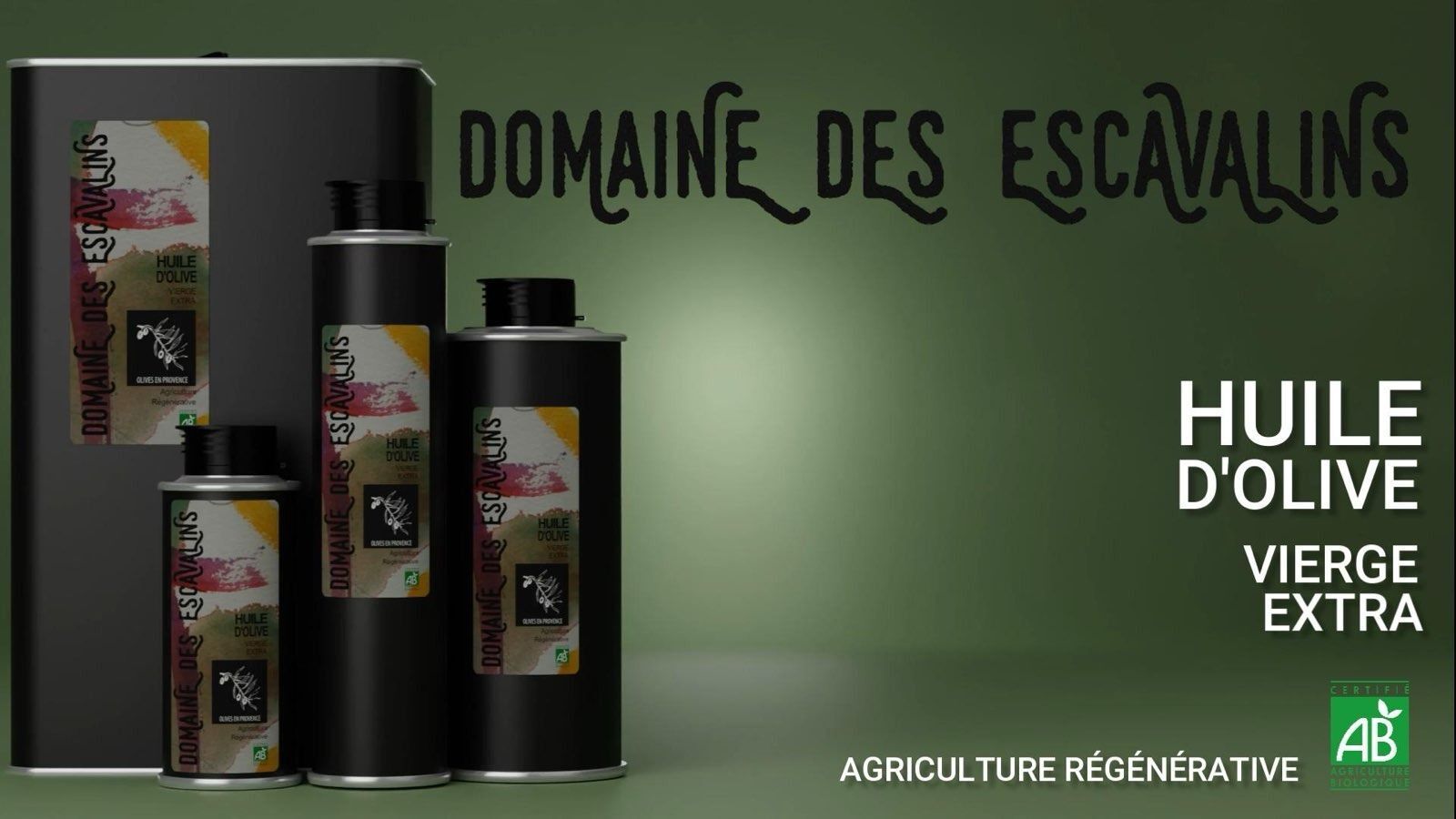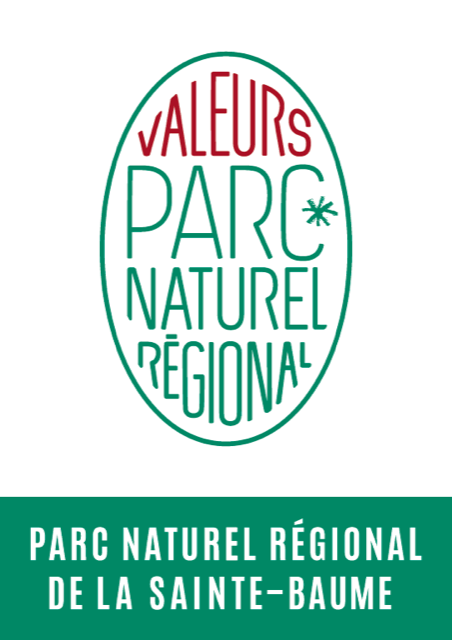Organic Olive Oil
Extra Virgin Olive Oil and Good Health
Olive Oil is excellent for your health. Extra Virgin olive oil is as good as it gets and forms an integral part of the classic Mediterranean diet. Statistics have shown that Mediterranean populations such as Spain, Italy & Greece, have significantly lower rates of coronary heart disease. Olive oil is rich in antioxidants, especially Vitamin E, and phenolic compounds which reduce cancers and heart disease.
In short, Extra Virgin olive oil should be an important part of everybody’s diet. The “lowest rates of death from coronary heart disease are currently recorded in countries where olive oil is virtually the only fat consumed.” A scientific study in the International Journal of Molecular Sciences confirms that experimental, clinical, and epidemiological data support the traditional beliefs of the beneficial effects of good olive oil.
Buying our olive oil
Our Extra Virgin olive oil is Premium Quality fruité vert (with very low acidic and peroxide values) and delicious! Please find your choice of bottle size in our shop. We also have points of sale in Organic shops in the Var:
- Bio & Co, 3 Avenue de l’Université, 83160 La Valette du Var
- Bio Coop, 83210 Solliès Pont
- Botanic, Rue de Lisbonne, 83500 La Seyne-sur-Mer
Producing organic Extra Virgin Olive Oil
In 2007, we planted 2,000 trees to conform to the French AOC regulations which concern planting and varieties. (see the AFIDOL site, the French national organisation for olive growers; I’m afraid it’s all in French!).
But in 2014, following our commitment to bio-diversity and regenerative agriculture, we finished with the AOC to start the procedure for organic certification which we were granted in 2017. Today everything we produce on our farm is certified organic.
Ecocert, the certification authority, visit us twice a year at short notice to inspect all parts of the farm and keep us up to the mark!
Olive Oil - The Trees
Like wine, the quality and interest of the taste of olive oil depends on many elements, like the varieties of the trees, their age, the soil, the aspect, meteorological conditions during the growing season and during harvest, as well as how the olives are pressed in our mill.
Trees need space to allow the branches and roots enough space to breathe and grow. When we cleared the dense undergrowth, we found and gave new life to a number of very old trees, mostly the Belgentieroise, Pardiguier and Cayon varieties, some with huge gnarled trunks over 400 years old.
Unnamed varieties are called sauvage (wild) which means they are so old no one can remember what their names were! In fact, all olive trees, the plant species Olea europaea, come from the area of eastern Turkey, Lebanon and Syria.
The first olive trees were probably brought to France on Phoenician ships which traded throughout the Mediterranean 3,000+ years ago. So they were all named varieties once, and the hundreds of olive tree varieties we have now were developed over the centuries, much as happens with varieties of wheat, apples, or oranges… but taking much more time.
In addition to the 100+ ancient olive trees we found, we planted other varieties: mostly Aglandau (France’s most popular olive tree), Cayon and Bouteillan, with varieties specifically local to the Var region: Brun; Cayet Roux; Pardiguier; Rougeonne; Picholine and Petit Ribier.
All these have their own characteristics such as rates of growth, resistance to frost or drought, rustic conditions, and different tastes.
Extra Virgin Olive Oil - A unique taste
To “cold press” olives simply means keeping the paste during pressing under 27.9 degs C to qualify the oil as Extra Virgin. Then, after varietal differences, planting etc, the taste depends how long we leave the fruit on the tree. The oil produced may have three quite different categories of taste:
“Fruité vert” – green as its name implies, this oil has subtle hints of fresh mown grass, green apples and raw artichoke with a peppery, catchy aftertaste – it evokes summer, ideal on salads, raw meat such as carpaccio or tartare, fish, pasta and rice dishes.
“Fruité mur” – “mur” which means ripe, gives typical notes of banana, ripe tomatoes, plums, raspberries or strawberries on the nose, and again a peppery freshness to taste – excellent on salads and with fish, it works as well with more mellow flavours such as cooked meat and truffles.
“Fruité noir” – this oil is smooth with none of the piquancy or delicious bitterness of the “fruité vert” and “fruité mur” oils and instead conjures the smells of chocolate, woodland mushrooms and ripe black olives – delicious with truffles and cooked dark meat, roast venison for example.
We smell and taste oil the same way we do wine, and use it in the kitchen, in salad dressings or cooking. An oil may be peppery, but it will transform your grilled fish or make your purée de pommes de terre delicious.
The finest wine only lasts an evening whereas a bottle of olive oil will enhance all sorts of dishes in your kitchen and last for weeks.
Oil Storage
We sell our oil in tins (see our Shop page) which keeps the oil very well for at least two years. But, unlike wine, olive oil does not improve with age. The oil is perfectly useable, but its unique taste gradually diminishes, affected by temperature, light and air – oxidation – which reduces the flavour. So, you should use your olive oil inside two years (easily done!).
Officialdom
Our reference number with the French authority which controls agricultural products, FranceAgrimer, is: 8361 M/O 2018.
Quick links...
Information
Olives en Provence



